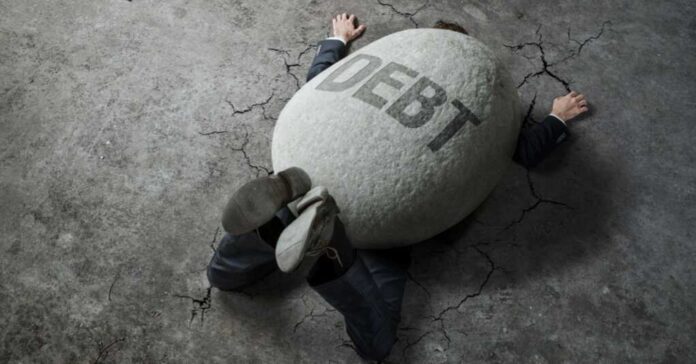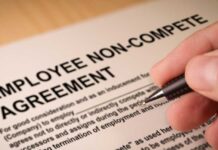
It’s a strategy that Americans may find familiar. Punish people who are struggling financially because they cannot pay their debts, making it harder for them to survive. It was a scenario played out in 2010 when President Barack Obama decided to penalize those who could not afford health insurance with a hefty fine for being financially unable to purchase a policy.
It’s played out in an over-powered IRS, which can seize bank accounts and assets for a person’s inability to pay taxes and leave them with nothing for having the audacity to be impoverished.
So, for Americans, it’s hardly surprising that other nations, including China, have similarly found ways to punish people facing financial difficulties.
The count of individuals listed on China’s government delinquency blacklist has surged by close to 50% since late 2019, reaching 8.3 million presently. Courts have the authority to place individuals on this list if they fail to comply with court orders to repay debts or are perceived as uncooperative during legal processes.
And that blacklist is growing. Over the past five years, China’s household debt surged by 50%, reaching a staggering $11 trillion.
“Household debt booms tend to lead to bad macroeconomic outcomes, even in the absence of a financial crisis,” said Amir Sufi, a University of Chicago economist. He explains that once the cycle starts, it’s “painful, long, and difficult to predict when it will end.”
Beijing is intensifying its measures against individuals with overdue debts by seizing their wages, limiting their opportunities for government employment, and restricting their access to high-speed trains and air travel. Many are also barred from purchasing insurance plans and are prohibited from taking vacations or staying in luxury hotels.
Failure to adhere to these restrictions can result in detention by authorities.
For years, China has aimed to stimulate personal spending to reduce its economy’s traditional dependence on infrastructure and real estate growth. Banks’ issuance of tens of millions of new credit cards annually led to outstanding balances surging by 50% between 2018 and 2023, surpassing $1 trillion. Private technology apps also facilitated consumer loans as their digital payment platforms gained popularity.
China insists that the blacklist only targets people who could pay their debts but refuse to.
However, when debts remain unpaid, the state can garnish a person’s income to cover their obligations, leaving debtors with a meager allowance for survival. In the southern city of Guangzhou, a 38-year-old man petitioned the courts to increase his monthly allowance from 9,500 yuan to 12,000 yuan to support his newborn child. Despite his plea, court records reveal that judges denied his request late last year and decided to reduce his allowance by almost 40%, deeming his current allocation excessive.
In 1999, at 16, another citizen began her journey from her rural home in southern China to Dongguan, a bustling manufacturing center, with just $15 for her high-school entrance exam. Determined to make her own way, she found work in factories producing slippers and jewelry. Over time, she obtained her first credit card, using it to buy a computer and advance her skills. Despite her success, she faced setbacks when she invested her savings in a startup that struggled amid the pandemic, burdening her with tens of thousands of dollars in debt. She sought a new job but faced travel restrictions because she was on China’s blacklist.
Unlike America, China doesn’t offer bankruptcy as an alternative to crushing debt. The existing system prioritizes safeguarding creditors, frequently powerful state-owned entities, over assisting individuals facing financial difficulties. Scholars analyzing the issue argue that China should allow a personal bankruptcy system to fulfill President Xi Jinping’s stated objective of “fostering greater equity” in the country. Such a system would compel creditors and debtors to bear the burdens of unpaid debts, thus addressing the challenge of defaulting on loans.
Meanwhile, a black market has been created to help people on the blacklist. In Shanghai, officials discovered a group of scalpers who were buying high-speed rail tickets for debtors who couldn’t do it themselves because they were on the blacklist. In early 2021, authorities caught one debtor using this service and took him into custody, according to a local court.
China’s blacklist is only one disturbing element in its overall social scoring system, which seeks to create ratings for its citizens based on social media activity, shopping habits, and bank accounts. It aims to ensure that citizens follow state-sanctioned moral values, and a low score limits the person’s every activity, from employment to dating.
It’s a Democrat’s dream come true and seems well on its way to a reality in Biden’s America.







